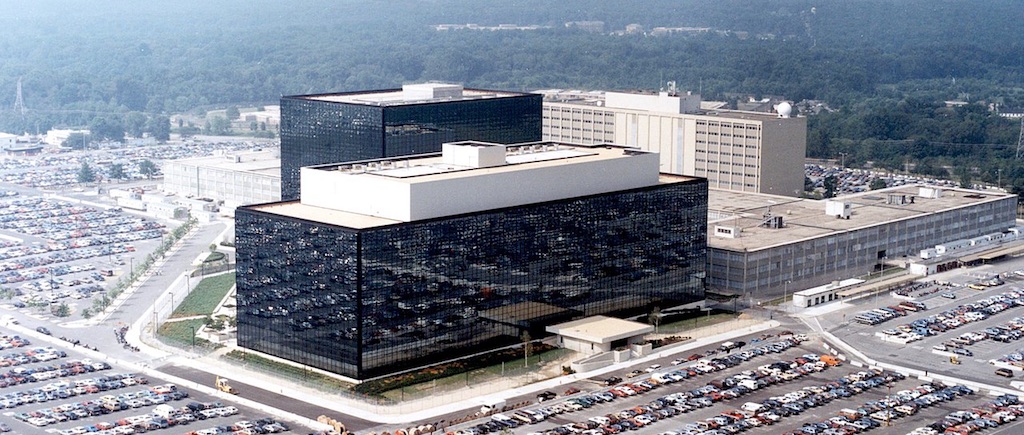No “No Spy” Agreements?
President Obama on Tuesday affirmatively stated that the United States does not have any “no spy” agreements with other countries. Many journalists, scholars, and foreign officials have been laboring under the impression that the United States does have at least some of these agreements. What’s the source of the disconnect?
Readers will recall that discussions of “no spy” agreements came to the fore in September 2013, after allegations emerged that the NSA had been monitoring German Chancellor Merke
Published by The Lawfare Institute
in Cooperation With

President Obama on Tuesday affirmatively stated that the United States does not have any “no spy” agreements with other countries. Many journalists, scholars, and foreign officials have been laboring under the impression that the United States does have at least some of these agreements. What’s the source of the disconnect?
Readers will recall that discussions of “no spy” agreements came to the fore in September 2013, after allegations emerged that the NSA had been monitoring German Chancellor Merkel’s private cell phone. The irritated Germans publicly demanded a “no spy” agreement with the United States. Various news articles discussed a possible precedent for such an arrangement: the “Five Eyes” agreement among the United States, Canada, Australia, New Zealand, and the UK. Both the press and at least one Five Eyes member’s executive branch interpreted that agreement as precluding any of the five states from spying on the other. For example, in a paper submitted by the Canadian executive branch to a Member of Parliament, Canada stated, “Five Eyes allies, in their own national interests as sovereign states, can lawfully collect intelligence in accordance with their own domestic laws while respecting the long-standing convention not to target the communications of one another.”
Back in the fall, as I started to write about the German developments, I became curious about what the “no spy” language looked like, so I pulled up the UKUSA agreement, which was declassified in 2010 and which serves as the basis for the Five Eyes agreement. It’s available here. At the time, I couldn’t find the “no spy” language, but assumed (based on all of the press reports) that it was buried somewhere in one of the documents, that one of the provisions in the arrangement had taken on an interpretive gloss precluding mutual spying, or that it was contained in a non-public implementing agreement. But now it seems that the language simply may not exist at all.
The genesis of the idea that there is a “no spy” arrangement among the Five Eyes remains unclear. Perhaps it’s simply the notion that if you are sharing almost all of your signals intelligence with your close partners, it would undercut that close mutual trust if it came to light that you were spying on those partners. It sounds as though at least Canada and New Zealand were under the impression that that’s how things worked. Perhaps the way to reconcile these competing understandings of “no spy” commitments is to consider them working arrangements – “gentleman’s understandings,” if you will – but not formal, legally binding agreements.
UPDATE [2/14]: a reader draws my attention to the President's Review Group report, which at page 175 disclaims the existence of any formal "no-spy" accords:
It is important to emphasize that the United States has not entered into formal agreements with other nations not to collect information on each others’ citizens. There are no such formal agreements. With a very small number of governments, however, there are bilateral arrangements or understandings on this issue (which include, in appropriate cases, intentions, strictures, and limitations with respect to collection). These bilateral relationships are based on decades of familiarity, transparency, and past performance between the relevant policy and intelligence communities.
Ashley Deeks is the Class of 1948 Professor of Scholarly Research in Law at the University of Virginia Law School and a Faculty Senior Fellow at the Miller Center. She serves on the State Department’s Advisory Committee on International Law. In 2021-22 she worked as the Deputy Legal Advisor at the National Security Council. She graduated from the University of Chicago Law School and clerked on the Third Circuit.


-final.png?sfvrsn=b70826ae_3)


